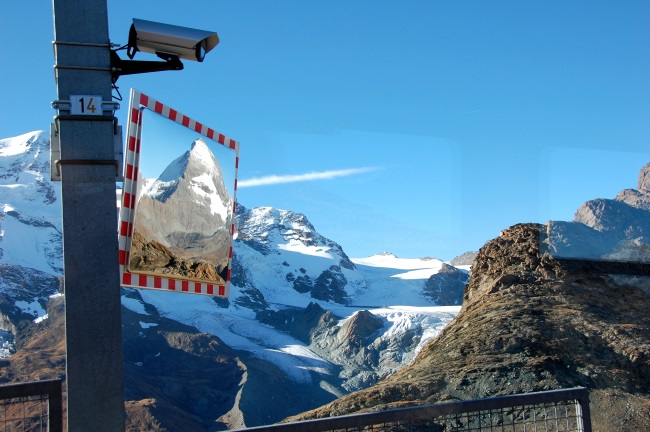Our tech guy Colin Moors takes a look at how surveillance technology affects all of us.
Residents of Brussels, home town of Together Magazine will no doubt have seen how, in the wake of the airport and Metro bombings, the police have been using technology to apprehend suspects and assailants. The most high-profile was the so-called ‘Man in the Hat’, Mohamed Abrini, who confessed his involvement following closed circuit television (CCTV) footage that proved his identity and whereabouts. Undoubtedly, this is a good thing to have happened, but some people are not so happy about the situation – captured terrorists notwithstanding.
Citing Orwell’s famous embodiment of control and power, Big Brother, those against what is now commonly known as mass surveillance will rail against constant monitoring, phone hacking by the authorities, speed cameras doing the work of the police and much more. The philosophical arguments are many – on both sides of the fence.
Possibly the most divisive of all mass surveillance techniques is the exponential growth of speed cameras, popping up like unwanted weeds along the roadsides of Europe. In the UK, they have been rebranded ‘safety cameras’ to try to soften the blow a little if you get caught. After all, you wouldn’t want to be considered unsafe, would you? As far as I have seen, the French and Dutch have no such compunction – they are speed cameras and if you speed, you will pay.
Does speeding in a car cost lives? Yes, it certainly does. Are the speed cameras a measure toward a safer driving environment or another government method to extract money from the cash cow that is the motorist? It depends who you talk to. In the UK in 2000, then Prime Minister Tony Blair launched an aggressive anti-speeding campaign, citing a Transport Research Laboratory report (the snappily titled Report 323), which he claimed proved that speeding accounts for one third of all road deaths. By 2003, the speed camera network was cashing in £12 million (around €15 m) from motorists. But guess what? The figures cited were, shall we say, economical with the truth. The report actually concluded that speed was a factor, but the figures were something nearer 7%.
Cameras can also be useful on the road. We’ve all been in a situation where traffic has slowed to a halt, sat around for 20 minutes and then inexplicably started moving again. Cameras can assess the volume of traffic and alter the phase of traffic lights and other signals accordingly. The result is an overall increase in the speed and flow of traffic through difficult spots.
The arguments for and against putting cameras in all public places are polarizing, broadly falling into the For camp who believe that ‘if you have nothing to hide, you have nothing to worry about’ and those Against who go by the words of Benjamin Franklin: “Those who give up liberty for safety deserve neither.”







